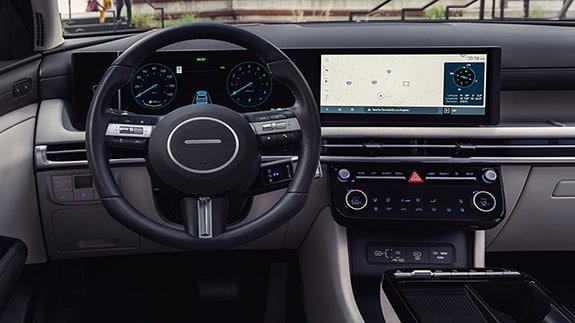What does the P0300 error code mean?
The P0300 error code is an OBD-II diagnostic trouble code that indicates a "Random/Multiple Cylinder Misfire Detected." This means that the vehicle's engine control unit (ECU) has detected that one or more of the engine's cylinders are not firing properly. Misfires can occur for a variety of reasons, including mechanical failures within the engine itself or issues with the fuel, air or ignition systems. The P0300 code is a generic code, meaning it applies to all makes and models of vehicles.
Importance of the P0300 error code
A misfire can lead to several issues that affect the performance, efficiency and emissions of a vehicle. Ignoring a P0300 error code can result in poor fuel economy, increased emissions, and potentially severe damage to the engine over time. Misfires can also cause the engine to run unevenly, leading to vibrations, decreased drivability and reduced performance. It is crucial to address this error code promptly to avoid costly repairs and maintain vehicle health.
Driving safety with the P0300 error code
Upon seeing the check engine light and discovering that P0300 code, vehicle owners might ask, “Can I safely drive my car with this error code?” It is generally not recommended to drive a vehicle with a P0300 code for an extended period. While the car may still run, driving with an unresolved misfire can cause further damage to the engine and other components, such as the catalytic converter. It is best to diagnose and repair the issue as soon as possible to prevent further damage and ensure safe driving conditions. That said, a brief drive to a mechanic or service center for repairs likely won’t cause irreparable damage.
Common symptoms of the P0300 error code
Noticeable engine misfires at idle or during acceleration
Reduced engine power and performance
Rough idling and engine vibration under throttle
Illuminated or flashing check engine light
Poor fuel economy
Unusual noises from the engine
Diagnosing the P0300 error code
A mechanic will typically start by using an OBD-II scanner to read the code and check for any other related diagnostic trouble codes. Then, the technician will conduct a thorough inspection of the ignition system (spark plugs, coils and wires), fuel system (fuel injectors, pump and filter), and air intake system (air filter, MAF sensor). Compression tests may also identify any mechanical issues within the engine that could lead to misfires.
Repairing the P0300 error code
Repairing a P0300 error code depends on the underlying cause of the misfires. Common repairs include:
Replacing faulty spark plugs or ignition coils
Cleaning or replacing clogged fuel injectors
Replacing damaged fuel pumps or filters
Fixing vacuum leaks in the air intake system
Repairing or replacing damaged engine components — like a bad lifter, pushrod or valve spring — if mechanical issues are found
By repairing the specific issue and resetting the diagnostic trouble codes, the car should return to optimal running condition.
 by
by  edited by
edited by 
